Intel gears up for enterprise push with next-gen Ultrabooks
Firm aims to remedy poor enterprise uptake by adding features such as WiDi Pro and push SBA software.
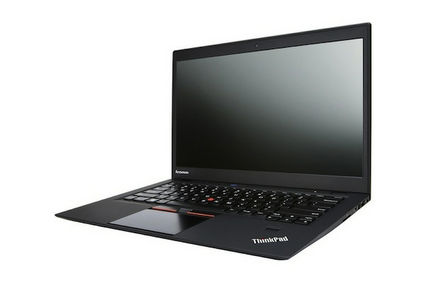
Intel remains confident that there is space for the Ultrabook platform in the enterprise, despite intense competition from hybrid devices and tablets.
Speaking with IT Pro, Rick Echevarria, vice president of Intel's Architecture Group accepted that Ultrabook uptake has been sluggish in the enterprise. However, he maintained the form factor is still a priority for Intel.
"When we first launched Ultrabooks, we focused on the consumer market and this impacted business uptake. There was a lot of confusion with CIOs as to what Ultrabooks were, so that delayed the ramp up a little bit. Although you still saw execs buying them," he said.
"Now that we have UltraBooks with vPro, we are seeing an accelerated uptake."
The firm is planning a big push in 2013, when it releases devices with the 4th Generation Core (Haswell) processor technology. Not only are Haswell chips expected to deliver a huge boost in performance and efficiency, but they will also enable enhanced collaboration, management and security features.
A core software feature - Intel's Small Business Advantage (SBA) suite, which is designed for firms with up to 99 employees - is set to be improved and will start to ship with Ultrabooks such as the Lenovo Twist.
"We will integrate our Smart Connect technology with SBA and ship it within Ultrabooks. This means devices will be able to wake up, refresh and update applications such as email and social media, then go back to sleep," he continued.
Get the ITPro daily newsletter
Sign up today and you will receive a free copy of our Future Focus 2025 report - the leading guidance on AI, cybersecurity and other IT challenges as per 700+ senior executives
Business users will also be pleased to hear that Intel will introduce WiDi Pro technology next year. This wireless technology will pack encryption and could do away with the need for businesses to install projectors.
"Let's say for example, there is a meeting between colleagues in a room with no projector. We would still be able to share content, collaborate screen-to-screen, machine-to-machine, by creating our own network using WiDi Pro.
"Another example would be if colleagues were on a plane in different rows. Using WiDi Pro, they would still be able to collaborate."
With the launch of the touch-optimised Windows 8 operating system, Intel also expects touch panels to become a standard part on Ultrabooks, although the timing of this remains to be seen.
"We are really putting the pedal to the metal to drive touch. We believe it should be standard. Through the launch of Windows 8 and through our data, we are seeing that it is a highly desired capability," Echevarria added.
"We'll be bringing a lot more capabilities on the platform too. At IDF we talked a lot about perceptual computing - voice and gestures are some of the features which will become baseline."
-
 Should AI PCs be part of your next hardware refresh?
Should AI PCs be part of your next hardware refresh?AI PCs are fast becoming a business staple and a surefire way to future-proof your business
By Bobby Hellard
-
 Westcon-Comstor and Vectra AI launch brace of new channel initiatives
Westcon-Comstor and Vectra AI launch brace of new channel initiativesNews Westcon-Comstor and Vectra AI have announced the launch of two new channel growth initiatives focused on the managed security service provider (MSSP) space and AWS Marketplace.
By Daniel Todd
-
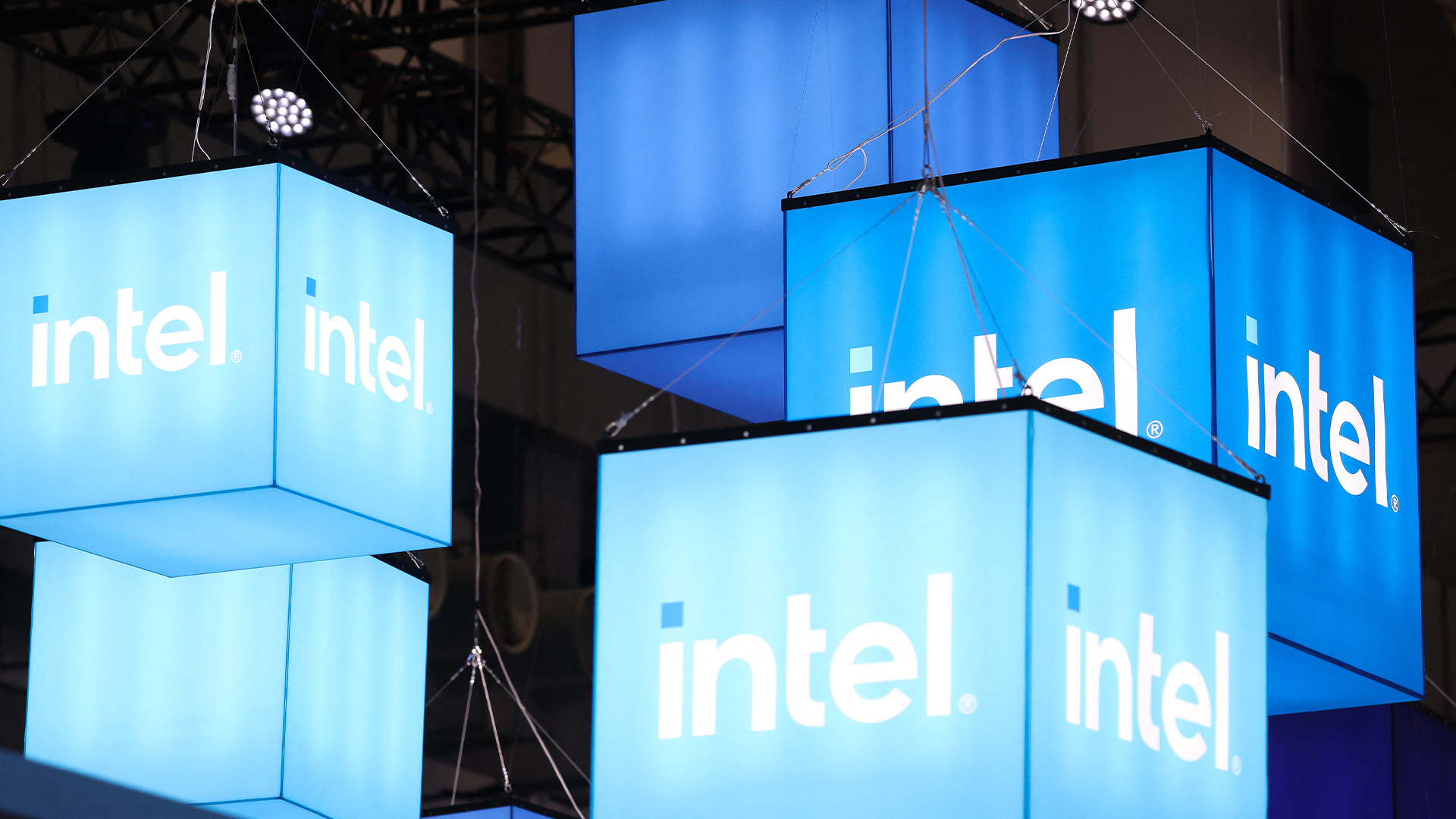 The gloves are off at Intel as new CEO plots major strategy shift
The gloves are off at Intel as new CEO plots major strategy shiftNews Intel’s incoming CEO has some big plans for the firm’s business strategy, sources familiar with the matter have told Reuters, with more job cuts looming on the horizon.
By George Fitzmaurice
-
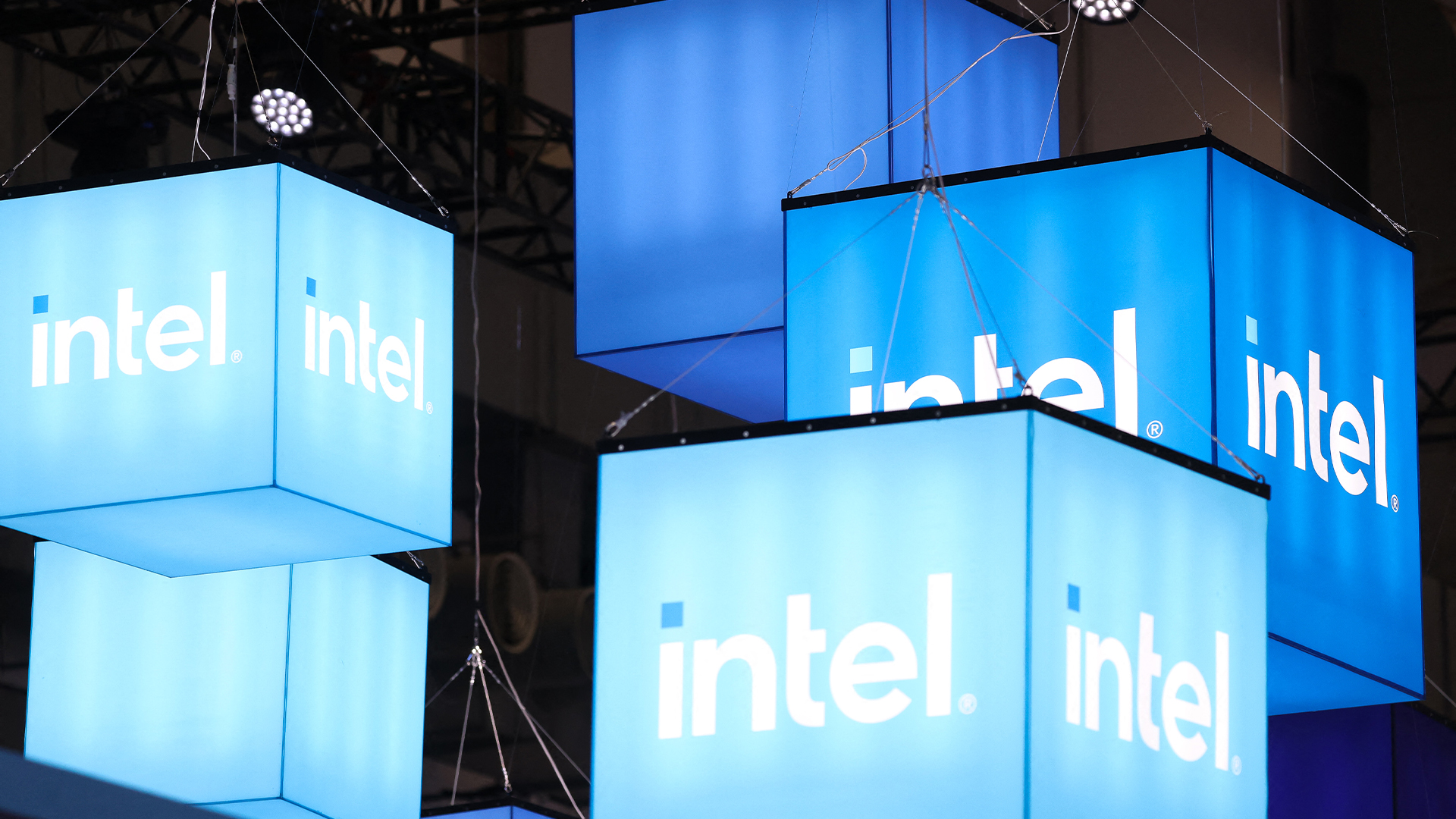 Intel just won a 15-year legal battle against EU
Intel just won a 15-year legal battle against EUNews Ruled to have engaged in anti-competitive practices back in 2009, Intel has finally succeeded in overturning a record fine
By Emma Woollacott
-
 AMD and Intel’s new x86 advisory group looks to tackle Arm, but will it succeed?
AMD and Intel’s new x86 advisory group looks to tackle Arm, but will it succeed?News The pair will look to make x86 CPU architecture more interoperable
By George Fitzmaurice
-
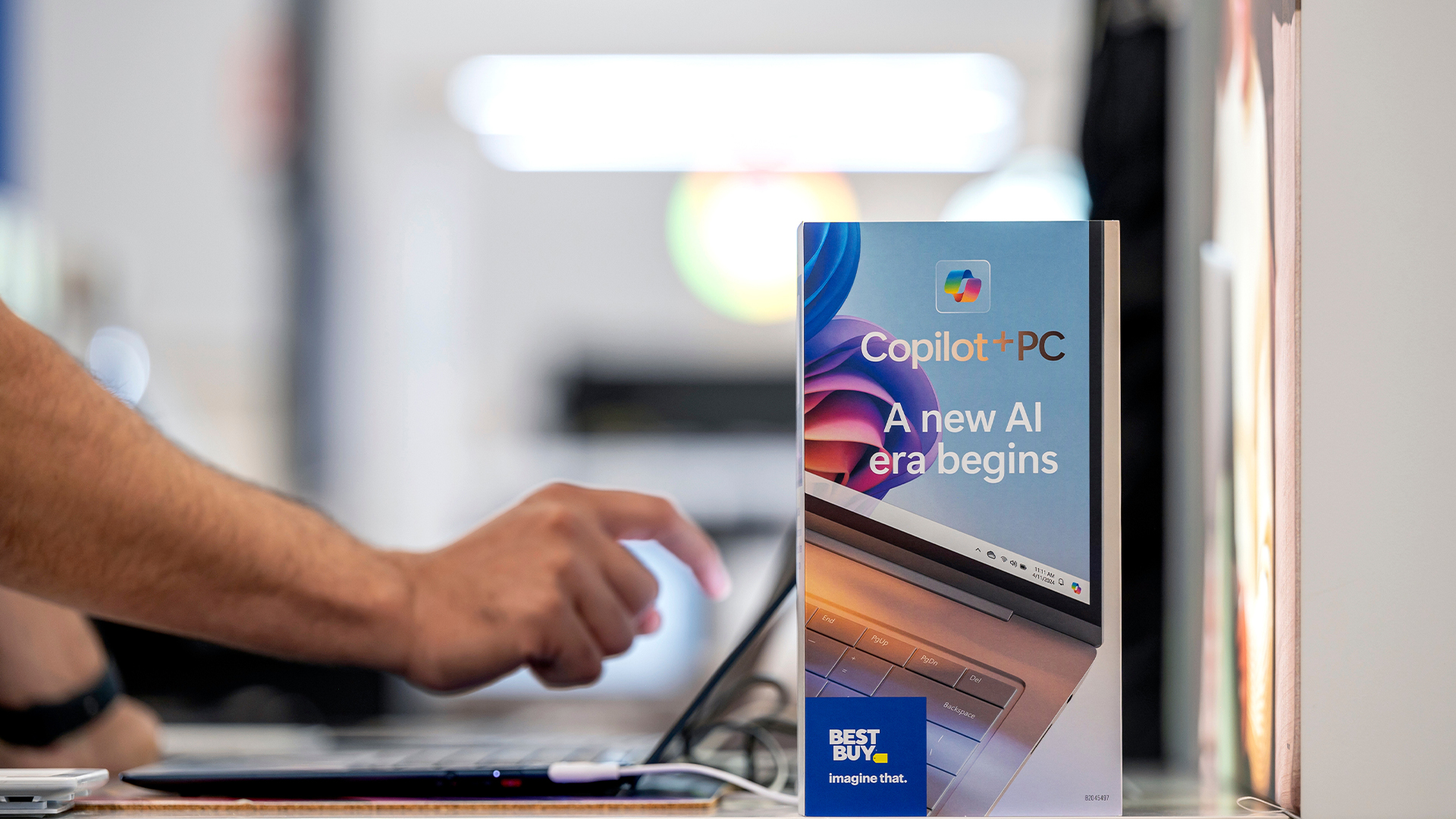 Why the world is about to be swamped with AI PCs
Why the world is about to be swamped with AI PCsNews With adoption rates set to surge, AI PCs will become far more mainstream in years to come
By Nicole Kobie
-
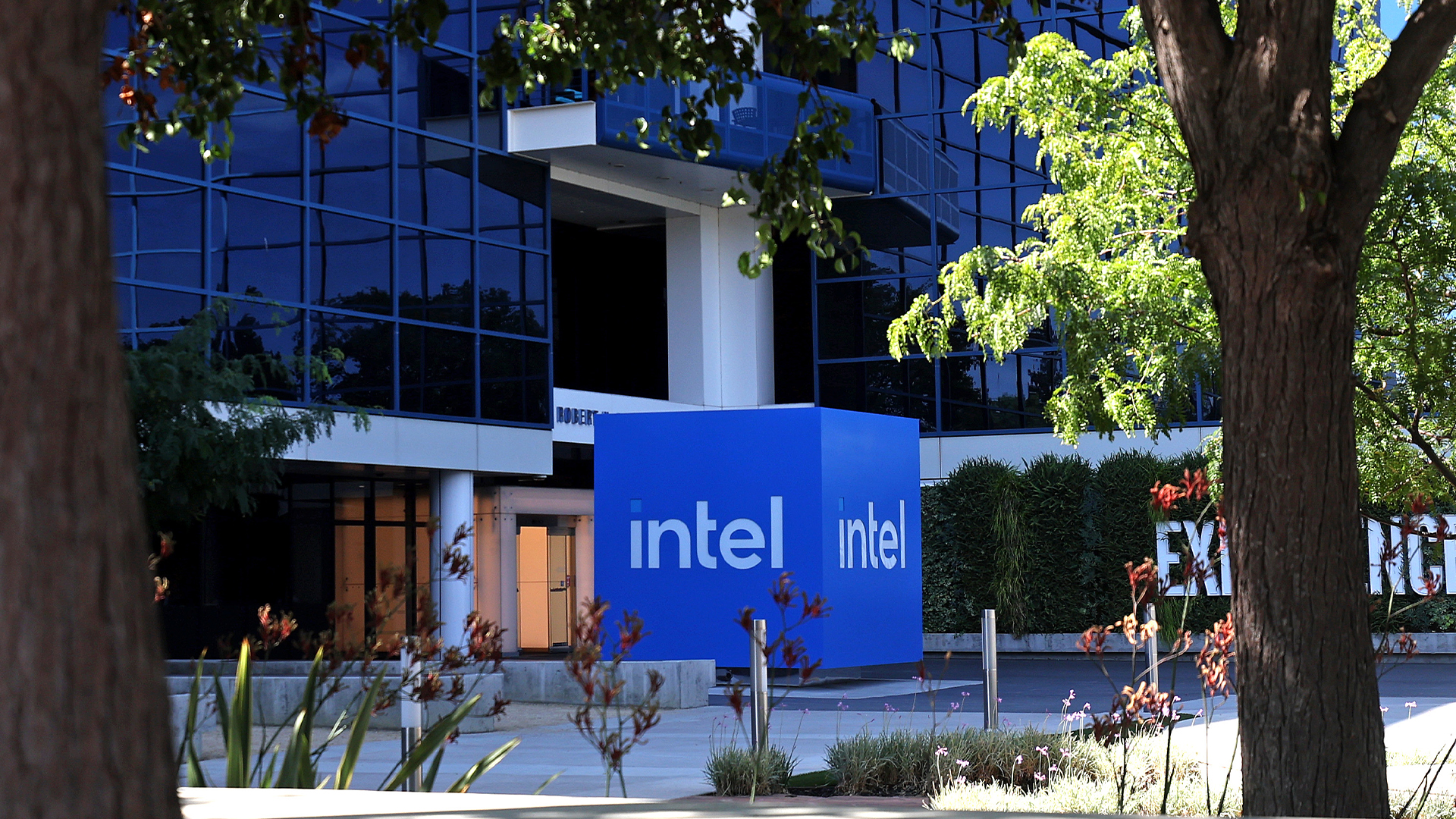 Intel needs to “get its story right” to turn things around and capitalize on the AI boom
Intel needs to “get its story right” to turn things around and capitalize on the AI boomAnalysis Intel has entered a period of uncertainty after announcing restructuring plans and a huge round of layoffs
By George Fitzmaurice
-
 How monitors deepen your employee experience and support your distributed workforce
How monitors deepen your employee experience and support your distributed workforcewhitepaper Drive business outcomes by empowering, enabling, and inspiring employees with the right monitors wherever they work from
By ITPro
-
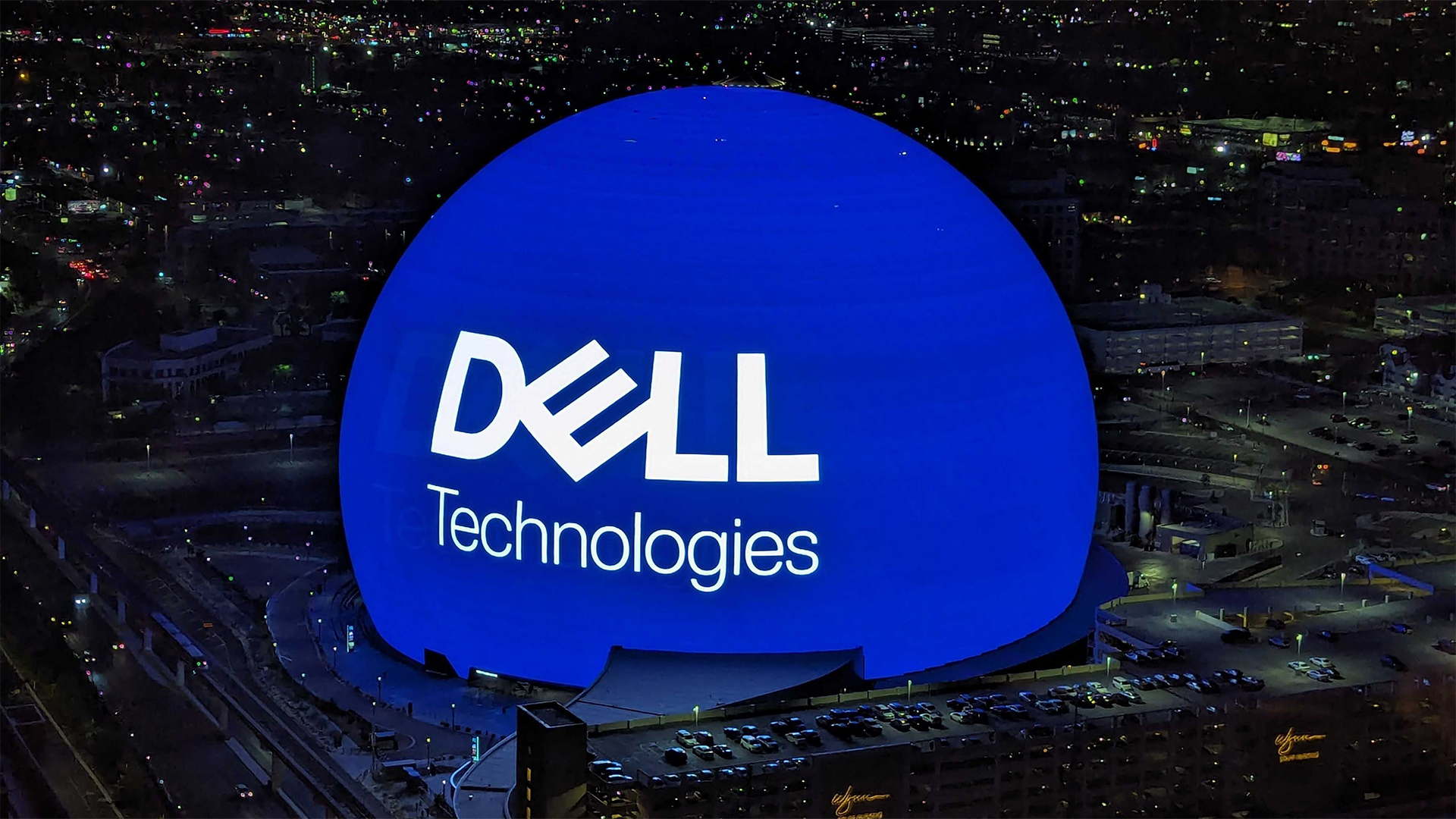 Driving employee experience and productivity across industries
Driving employee experience and productivity across industrieswhitepaper Monitors are an imperative in the hybrid era
By ITPro
-
 Forrester: Power up your hybrid workplace with monitors
Forrester: Power up your hybrid workplace with monitorswhitepaper Evolve remote work policies into work-and-learn-from-anywhere strategies
By ITPro